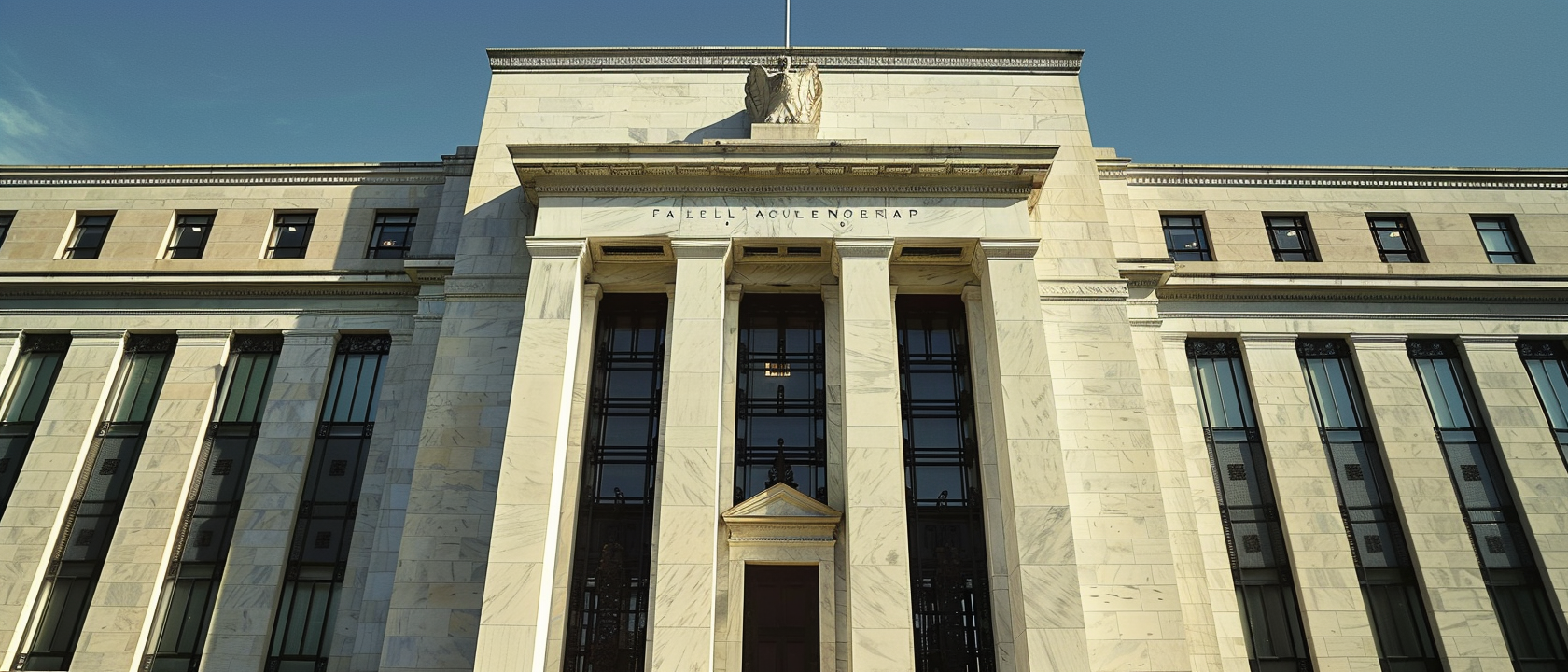
The recent 15% month-over-month drop in housing construction, alongside a fluctuation in oil prices, underscores vulnerabilities in key sectors influenced by rising interest rates and shifting geopolitical sentiments.

Economic pressures and policy shifts are causing a significant shift in Europe's automotive market, with a notable decline in electric vehicle sales as consumer interest returns to traditional combustion engines.

Jerome Powell's latest remarks underscore ongoing inflation concerns, signaling an extended high-interest rate period.

The March jobs report in the U.S. suggests an unsettling trend toward part-time employment and a notable decrease in full-time positions.

Despite inflation-adjusted incomes falling dramatically since January 2021, Americans are buying more than ever. That may sound like a contradiction, but it’s perfectly possible, at least in the short run. Americans today, especially the young, are just “bougie broke.”
That’s a fancy way of saying people have given

The sharp decline in inflows to the Federal Reserve's reverse repo facility signals shifts in U.S. monetary strategy, influenced by tax deadlines and Treasury debt settlements.

Rising consumer price disparities, credit market stress, and cautious banking behaviors challenge the narrative of a 'soft landing' in the current economy.

The recent dramatic rise in gold prices, surpassing 2011 highs, reflects a shift towards secure assets like gold and Bitcoin.

China's declining CPI and PPI have heightened global concerns about deflationary trends and their impact on the world economy.

The end of 2023 saw record U.S. credit card delinquencies, signaling mounting financial pressures on consumers amid high inflation and escalating costs.

Fitch's revision of China's credit outlook to Negative reflects mounting fiscal concerns amid its shift to a new economic model and escalating public finance risks.

The acceleration of U.S. inflation in March challenges the Fed's purported plans for imminent rate cuts.

Goldman Sachs Group Inc’s rate cut in its consumer bank Marcus reflects a wider financial sector trend, driven by expectations of Federal Reserve policy changes and underlying economic fragility.

The NFIB reports a significant decline in U.S. small business confidence to its lowest since 2012, primarily due to inflation concerns.


























